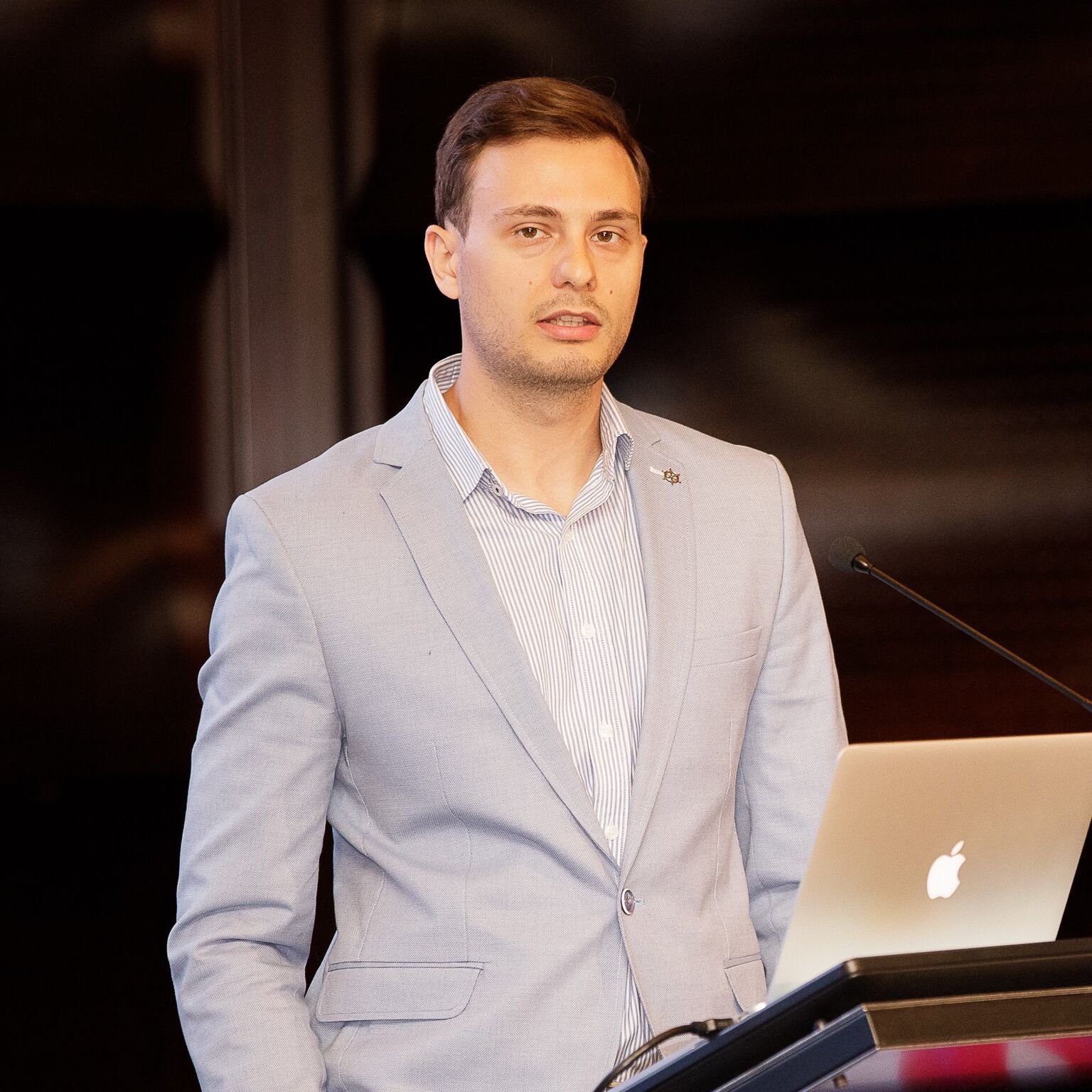Most low-level software are written in C/C++. Most cars, IoT devices or embedded devices have their software written in this kind of developing language.
For developers just getting started, think of this as the primer to help kickstart your career.
C++ is a general-purpose object-oriented programming (OOP) language, developed by Bjarne Stroustrup, and is an extension of the C language. It is therefore possible to code C++ in a "C style" or "object-oriented style." In certain scenarios, it can be coded in either way and is thus an effective example of a hybrid language.
C++ is considered to be an intermediate-level language, as it encapsulates both high- and low-level language features. Initially, the language was called "C with classes" as it had all the properties of the C language with an additional concept of "classes." However, it was renamed C++ in 1983.

